Sex Slavery Deal
입력 2017.12.28 (14:51)
수정 2017.12.28 (16:43)
읽어주기 기능은 크롬기반의
브라우저에서만 사용하실 수 있습니다.
[Anchor Lead]
A task force formed by South Korea’s Foreign Ministry says the Park Geun-hye administration made secret concessions to Tokyo in its 2015 deal to resolve the issue of Japanese wartime sexual slavery. Concluding its months-long review of the controversial bilateral agreement, the ministry said the agreement failed to meet the victim’s needs.
[Pkg]
A taskforce revising South Korea's agreement with Japan has announced the results of their five-month investigation. It said that in addition to the agreement announced jointly by the then-foreign ministers of Korea and Japan, there was also a secret deal struck between the governments of the two countries. Under the secret deal, Tokyo sought to obtain Seoul's promise that comfort women monuments would not be installed overseas, while Seoul virtually agreed. Tokyo also inquired about the relocation of the comfort women monument in front of the Japanese embassy in Korea and demanded that the expression "sex slaves" not be used anymore. In response, Seoul said it had been "trying to resolve the issue in a proper way" and that the official expression to describe the former sex slaves of the Japanese army was "victims of the Japanese army's comfort women system."
[Soundbite] Oh Tae-kyu(Taskforce Investigating Korea-Japan "Comfort Women" Agreement) : "The agreement was signed under the preconditions that Korea would try to solve the issue of Peace Monuments and prevent international criticism."
Regarding the controversial use of the expression "irreversible", Seoul was the first to mention it as an expression intended to emphasize "the irreversibility of the Japanese prime minister's apology." However, the bilateral agreement has been found to have modified the context to imply "the irreversibility of resolution." The taskforce pointed out that the agreement failed to meet the needs of the victims and was more of a bargaining chip between the two countries' governments. Former Minister of Foreign Affairs Yun Byung-se, who oversaw the deal at the time, said he finds it regrettable that he failed to evaluate the agreement in a more balanced way, because he placed more emphasis on its procedural and emotional aspects rather than on its substance.
A task force formed by South Korea’s Foreign Ministry says the Park Geun-hye administration made secret concessions to Tokyo in its 2015 deal to resolve the issue of Japanese wartime sexual slavery. Concluding its months-long review of the controversial bilateral agreement, the ministry said the agreement failed to meet the victim’s needs.
[Pkg]
A taskforce revising South Korea's agreement with Japan has announced the results of their five-month investigation. It said that in addition to the agreement announced jointly by the then-foreign ministers of Korea and Japan, there was also a secret deal struck between the governments of the two countries. Under the secret deal, Tokyo sought to obtain Seoul's promise that comfort women monuments would not be installed overseas, while Seoul virtually agreed. Tokyo also inquired about the relocation of the comfort women monument in front of the Japanese embassy in Korea and demanded that the expression "sex slaves" not be used anymore. In response, Seoul said it had been "trying to resolve the issue in a proper way" and that the official expression to describe the former sex slaves of the Japanese army was "victims of the Japanese army's comfort women system."
[Soundbite] Oh Tae-kyu(Taskforce Investigating Korea-Japan "Comfort Women" Agreement) : "The agreement was signed under the preconditions that Korea would try to solve the issue of Peace Monuments and prevent international criticism."
Regarding the controversial use of the expression "irreversible", Seoul was the first to mention it as an expression intended to emphasize "the irreversibility of the Japanese prime minister's apology." However, the bilateral agreement has been found to have modified the context to imply "the irreversibility of resolution." The taskforce pointed out that the agreement failed to meet the needs of the victims and was more of a bargaining chip between the two countries' governments. Former Minister of Foreign Affairs Yun Byung-se, who oversaw the deal at the time, said he finds it regrettable that he failed to evaluate the agreement in a more balanced way, because he placed more emphasis on its procedural and emotional aspects rather than on its substance.
■ 제보하기
▷ 카카오톡 : 'KBS제보' 검색, 채널 추가
▷ 전화 : 02-781-1234, 4444
▷ 이메일 : kbs1234@kbs.co.kr
▷ 유튜브, 네이버, 카카오에서도 KBS뉴스를 구독해주세요!
- Sex Slavery Deal
-
- 입력 2017-12-28 15:01:02
- 수정2017-12-28 16:43:58
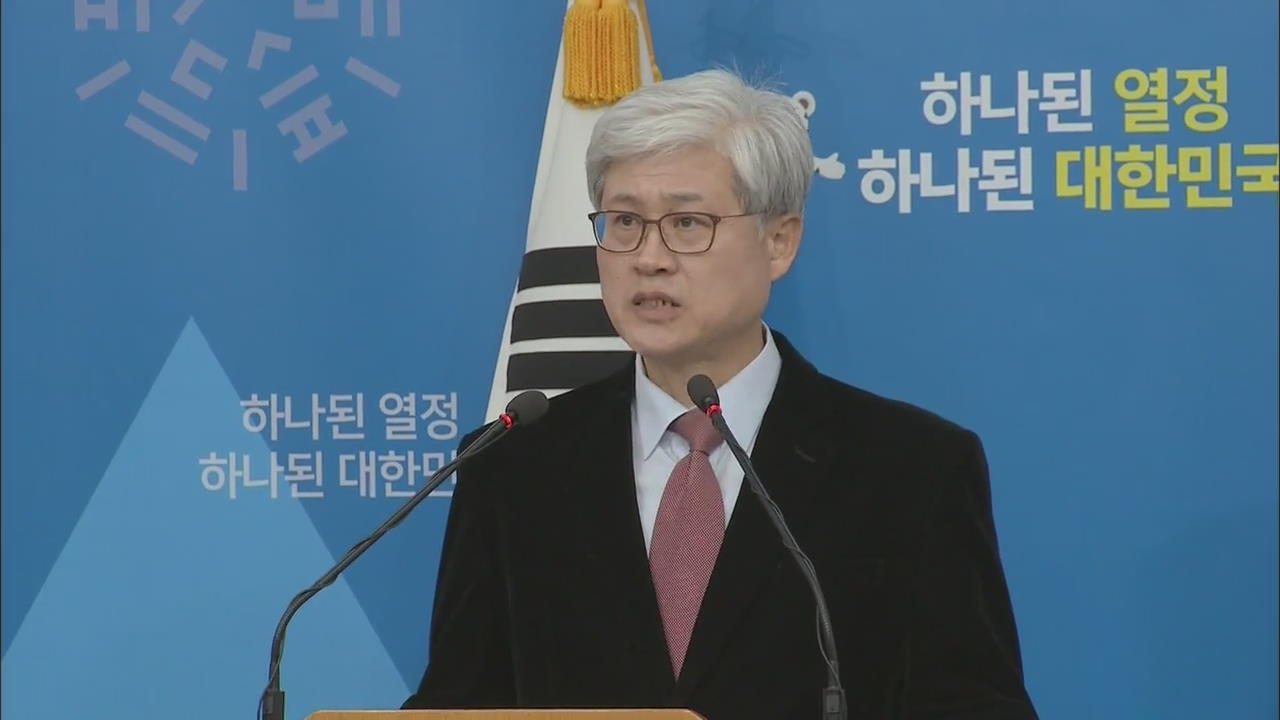
[Anchor Lead]
A task force formed by South Korea’s Foreign Ministry says the Park Geun-hye administration made secret concessions to Tokyo in its 2015 deal to resolve the issue of Japanese wartime sexual slavery. Concluding its months-long review of the controversial bilateral agreement, the ministry said the agreement failed to meet the victim’s needs.
[Pkg]
A taskforce revising South Korea's agreement with Japan has announced the results of their five-month investigation. It said that in addition to the agreement announced jointly by the then-foreign ministers of Korea and Japan, there was also a secret deal struck between the governments of the two countries. Under the secret deal, Tokyo sought to obtain Seoul's promise that comfort women monuments would not be installed overseas, while Seoul virtually agreed. Tokyo also inquired about the relocation of the comfort women monument in front of the Japanese embassy in Korea and demanded that the expression "sex slaves" not be used anymore. In response, Seoul said it had been "trying to resolve the issue in a proper way" and that the official expression to describe the former sex slaves of the Japanese army was "victims of the Japanese army's comfort women system."
[Soundbite] Oh Tae-kyu(Taskforce Investigating Korea-Japan "Comfort Women" Agreement) : "The agreement was signed under the preconditions that Korea would try to solve the issue of Peace Monuments and prevent international criticism."
Regarding the controversial use of the expression "irreversible", Seoul was the first to mention it as an expression intended to emphasize "the irreversibility of the Japanese prime minister's apology." However, the bilateral agreement has been found to have modified the context to imply "the irreversibility of resolution." The taskforce pointed out that the agreement failed to meet the needs of the victims and was more of a bargaining chip between the two countries' governments. Former Minister of Foreign Affairs Yun Byung-se, who oversaw the deal at the time, said he finds it regrettable that he failed to evaluate the agreement in a more balanced way, because he placed more emphasis on its procedural and emotional aspects rather than on its substance.
A task force formed by South Korea’s Foreign Ministry says the Park Geun-hye administration made secret concessions to Tokyo in its 2015 deal to resolve the issue of Japanese wartime sexual slavery. Concluding its months-long review of the controversial bilateral agreement, the ministry said the agreement failed to meet the victim’s needs.
[Pkg]
A taskforce revising South Korea's agreement with Japan has announced the results of their five-month investigation. It said that in addition to the agreement announced jointly by the then-foreign ministers of Korea and Japan, there was also a secret deal struck between the governments of the two countries. Under the secret deal, Tokyo sought to obtain Seoul's promise that comfort women monuments would not be installed overseas, while Seoul virtually agreed. Tokyo also inquired about the relocation of the comfort women monument in front of the Japanese embassy in Korea and demanded that the expression "sex slaves" not be used anymore. In response, Seoul said it had been "trying to resolve the issue in a proper way" and that the official expression to describe the former sex slaves of the Japanese army was "victims of the Japanese army's comfort women system."
[Soundbite] Oh Tae-kyu(Taskforce Investigating Korea-Japan "Comfort Women" Agreement) : "The agreement was signed under the preconditions that Korea would try to solve the issue of Peace Monuments and prevent international criticism."
Regarding the controversial use of the expression "irreversible", Seoul was the first to mention it as an expression intended to emphasize "the irreversibility of the Japanese prime minister's apology." However, the bilateral agreement has been found to have modified the context to imply "the irreversibility of resolution." The taskforce pointed out that the agreement failed to meet the needs of the victims and was more of a bargaining chip between the two countries' governments. Former Minister of Foreign Affairs Yun Byung-se, who oversaw the deal at the time, said he finds it regrettable that he failed to evaluate the agreement in a more balanced way, because he placed more emphasis on its procedural and emotional aspects rather than on its substance.
이 기사가 좋으셨다면
-
좋아요
0
-
응원해요
0
-
후속 원해요
0










![[headline]](https://news.kbs.co.kr/data/news/2017/12/28/3588098_10.jpg)
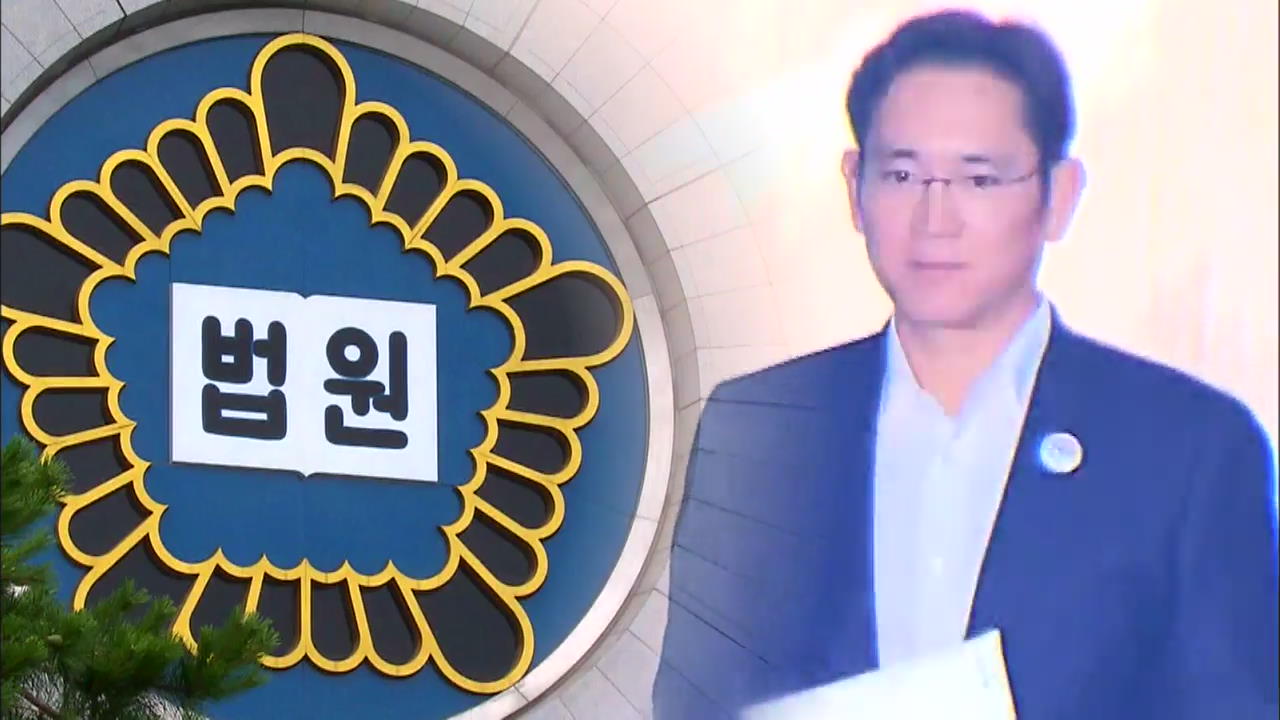
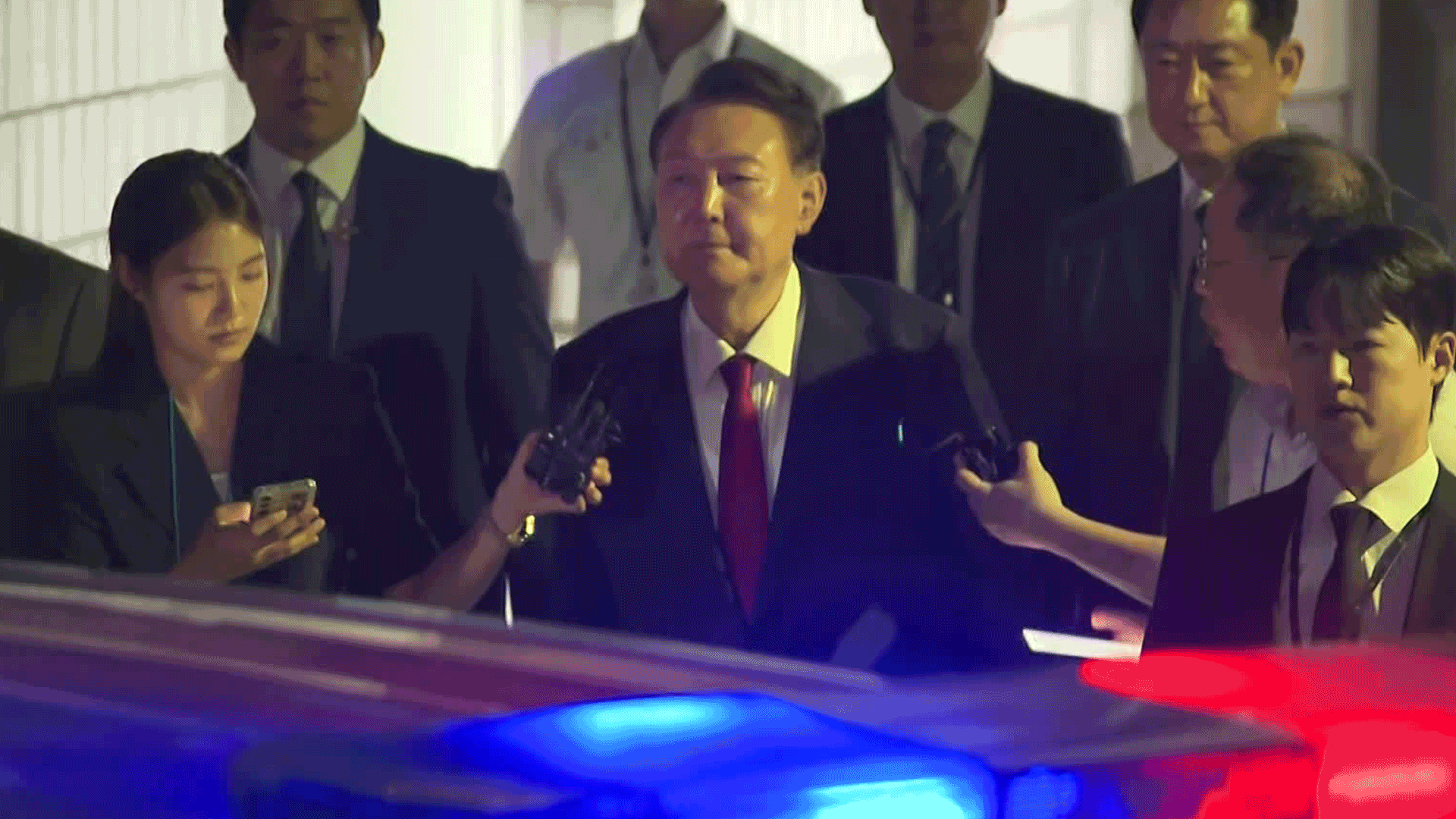
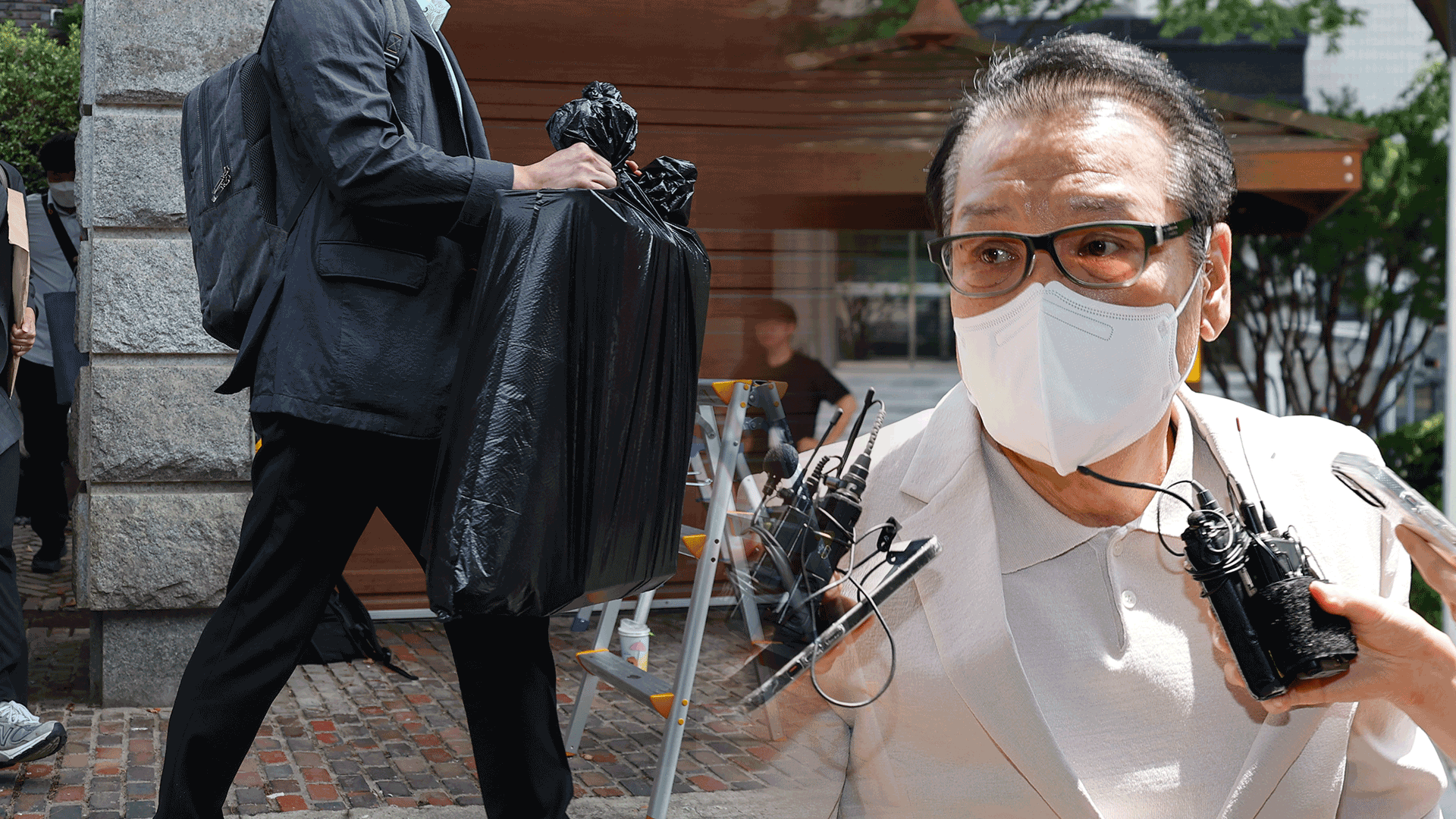
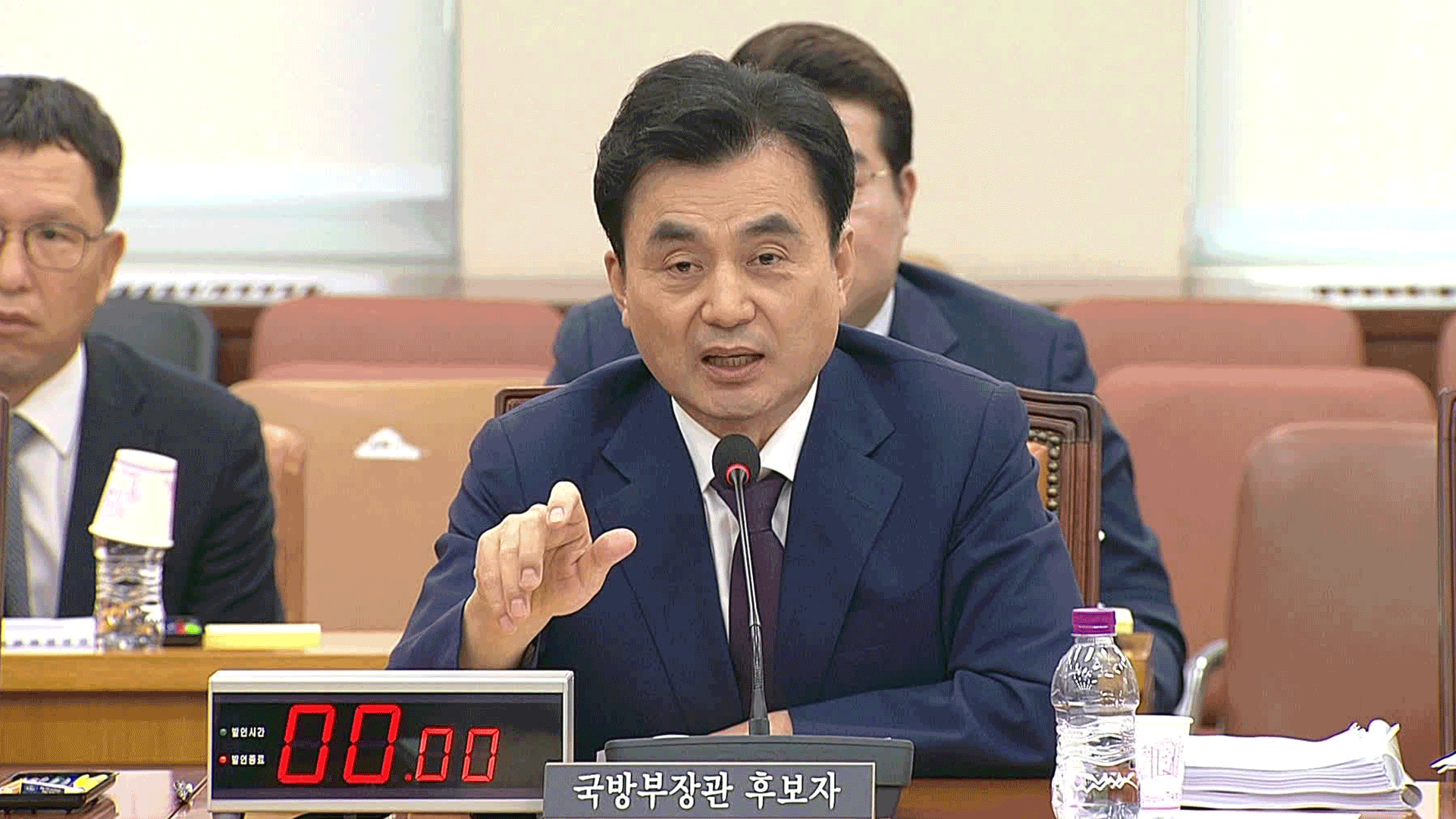
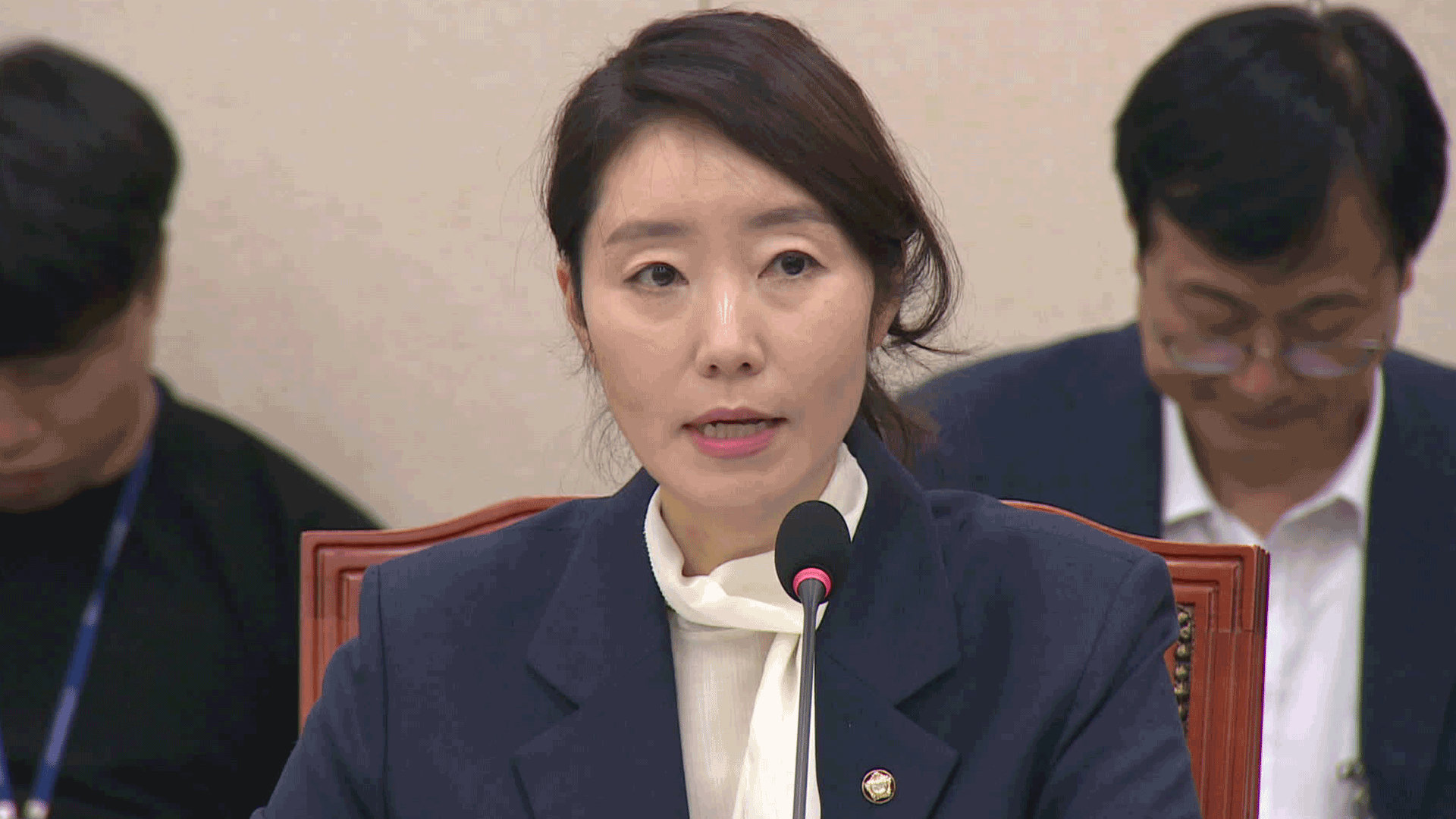

이 기사에 대한 의견을 남겨주세요.